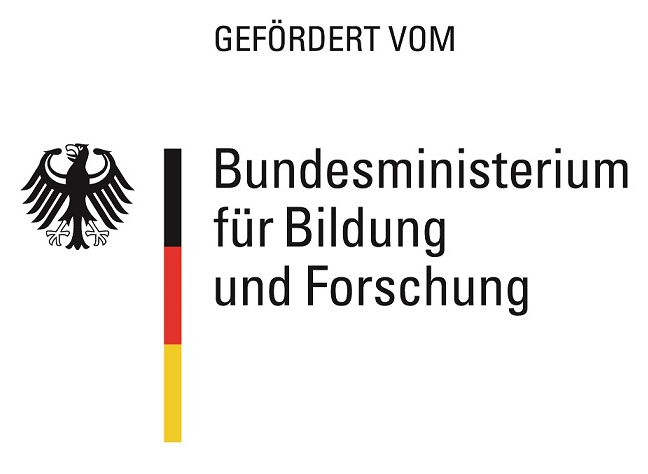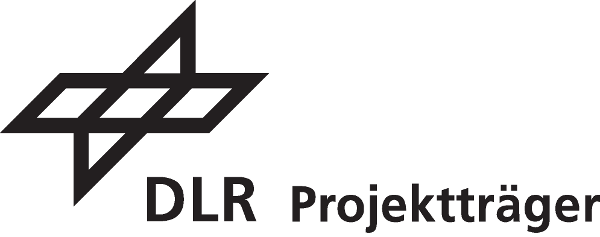Veröffentlichungen
| [1] | Helming, S.; Buergin, J.; Bitte, F.; Haefner, B. & Lanza, G. (2019), „Integrated Production and Logistics Planning and Control in Global Production Networks“. Advances in Production Research, Hrsg. R. Schmitt and G. Schuh, S. 637-646. 10.1007/978-3-030-03451-1_62 Abstract As a result of the increasing interdependencies within global production networks, the importance of an improved coordination of the associated individual processes is continuously rising. In particular, enormous potential is expected from a stronger integration of production and logistics planning and control. While previous approaches have mainly dealt with the integration of production planning and distribution logistics planning, this paper pursues the goal of integrating the procurement logistics and the production perspectives, considering both predictive and reactive components. To achieve this goal, an initial framework for the integrated procurement logistics and production planning and control is developed and exemplified in the context of an aircraft manufacturer within the scope of this paper. |
|
| [2] | Helming, S.; Haverkamp, C.; Haefner, B. & Lanza, G. (2019), „Development of a Structured Approach for Reactive Disruption Management in Supply Chain Networks “. Proceedings of the International Conference on Competitive Manufacturing - Knowledge Valorisation in the Age of Digitalization, Hrsg. Dimitrov, D.; Hagedorn-Hansen, D. & von Leipzig, K., S. 431-437. Abstract Increasing complexity and dynamics in globally distributed supply chain networks makes companies
vulnerable to disruptions and does not only require good and robust planning, but also rapid
troubleshooting as a reaction to unforeseen events. However, companies often neither possess a
targeted approach for the systematic identification and communication of disruptions nor for the
appropriate reaction to a disruption and the minimization of its consequences while considering the
entire supply chain. Hence, this paper proposes a framework for reactive disruption management
which allows for a multi-criteria evaluation and logical selection of measures in case of a disruption. |
|
| [3] | Peukert, S.; Lohmann, J.; Haefner, B. & Lanza, G. (2020), „Increasing Robustness in Global Production Networks by Means of an Integrated Disruption Management“. Procedia CIRP, Elsevier, S. 706-711. 10.1016/j.procir.2020.03.009 Abstract Manufacturing companies operating in global production networks face rising complexities and increasing susceptibilities to disruptions. For coping with disruptions, companies are in need of a holistic, comprehensive disruption management, involving all network actors to find optimal measures. However, today?s disruption management approaches are characterized by intuitive, experienced-based reactions, limiting themselves to solely the production or the logistics perspective and hence not permitting an overarching reaction. Therefore, this paper presents an integrated approach to disruption management, combining the production and logistics perspectives. It incorporates DoE and metamodeling methods in a simulation model to enable efficient, robust decision-making in highly complex environments. |


